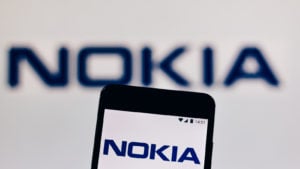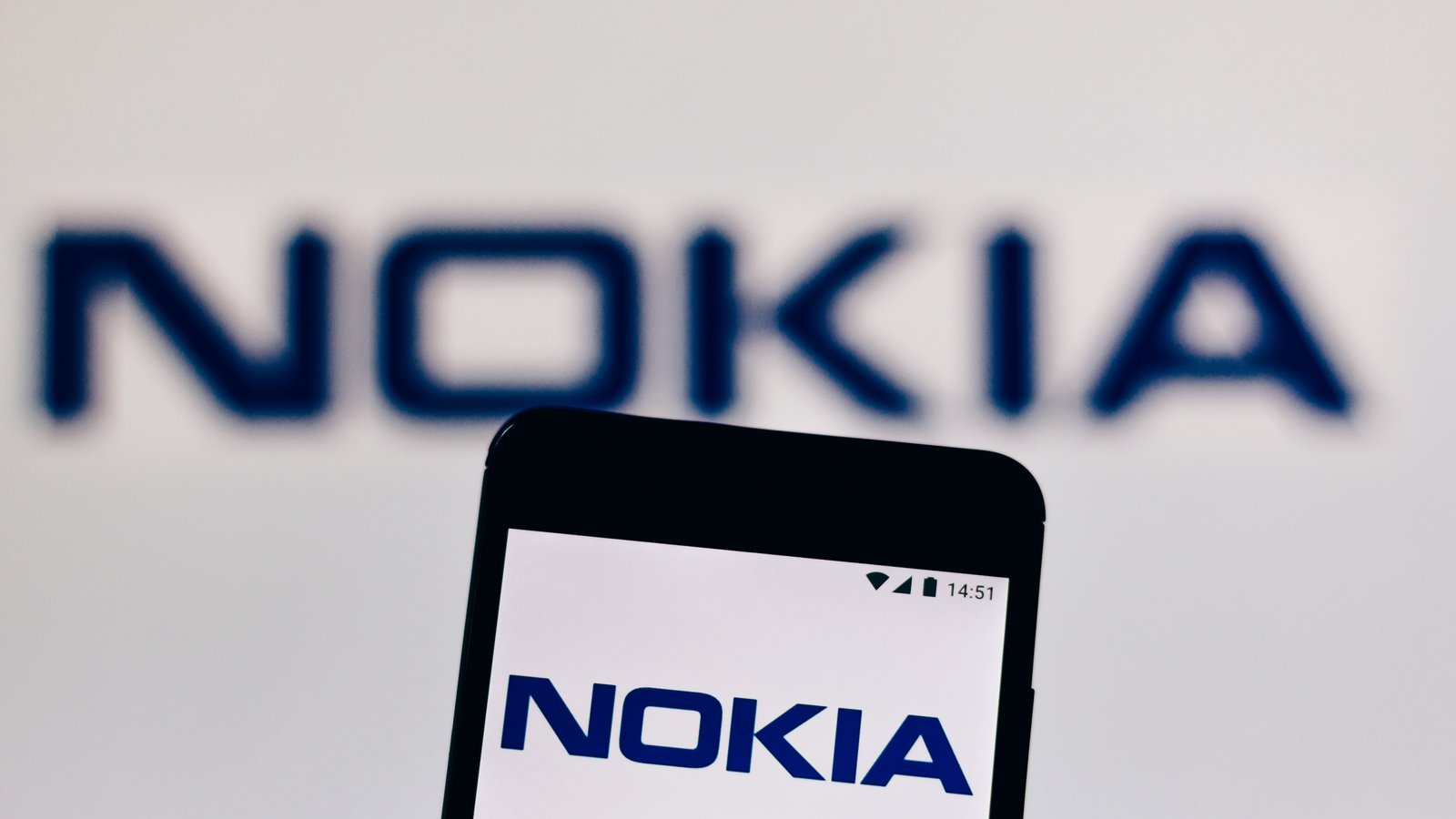In-line with my previous, bullish assessments of Nokia (NYSE:NOK), the company recently reported very strong second-quarter results. As a result, NOK stock is close to reaching its highest levels in over five years.

I remain upbeat on Nokia’s new chips, the company’s CEO, who was hired last August, and its opportunities. I’m also impressed by other new products that it’s launched and by some of its achievements last quarter, as well as by its overall Q2 results
As a result of these points, as well as the valuation of NOK stock, which remains very reasonable, I continue to recommend that relatively conservative growth and value investors buy the shares.
Nokia Reported Strong Q2 Results
Nokia reported Q2 earnings per share, excluding some items, of 0.09 EUR, which was in-line with analysts’ average estimate. In Q2 of 2020, Nokia generated just 0.02 EUR of EPS.
Last quarter, its net sales came in at 5.3 billion EUR, up 4% versus the same period a year earlier. Analysts’ average, estimate was 5.16 billion EUR. Meanwhile, Nokia’s operating profit surged 61% year-over-year to 682 million EUR. Finally, it raised its 2021 net sales guidance to 21.7 billion EUR-22.7 billion EUR from 20.6 billion EUR -21.8 billion EUR previously.
Also importantly, Nokia’s selling, general, and administrative (SG&A) expenses fell 1% YOY to 585 million EUR last quarter, while its return on invested capital jumped seven percentage points YOY to 18.4% from 11.4%.
New Chip, Cost Cutting Gave Nokia a Boost
In a previous article, I noted that Nokia was in the midst of changing the chips that power its 5G offerings ” from Field Programmable Gate Arrays or FPGAs, which are very expensive, large, and energy-intensive, to cheaper, much more efficient SoCs.” Nokia calls its new 5G chipset — which it developed in partnership with Broadcom (NASDAQ:BRCM), Marvell (NASDAQ:MRVL), and Intel (NASDAQ:INTC) — ReefShark.
According to Nokia, ReefShark extensively utilizes AI, and Light Reading reported in March that ReefShark carries higher margins than the FPGAs that the company had previously used.
Encouragingly, during the company’s Q2 earnings conference call, its CEO, Pekka Lundmark, reported that it had successfully launched a number of new systems that utilize ReefShark, including “new AirScale Radio and Baseband product platforms,” which were launched in June, MIMO Active Antenna radios, and 8T8R radios. Lundmark added that, by the end of 2021, Nokia anticipates that it will have “largely” caught up with its 5G infrastructure rivals in all the areas in which it had been lagging.
In Q2, 54% of Nokia’s product shipped with ReefShark chips, and Lundmark said that the company remained on track to ship 70% of its 5G products with those chips by the end of 2021.
Additionally, the CEO reported that its current baseband products are ” up to 75% more power efficient” than its previous offerings, while it now has the lightest MIMO active antenna in the sector.
The decline in the company’s SG&A spending, which came despite the sizeable increase in its revenue, shows that Lundmark is continuing to tighten the belt at Nokia, in accordance with my previous predictions. And the strong growth in Nokia’s ROIC shows that the company’s financial health and overall performance have improved under Lundmark’s leadership.
Other Signs of Progress
At the end of May, Nokia disclosed that T-Mobile (NASDAQ:TMUS) Netherlands had selected it “to deliver automated network and security operations.” The deal could lead to Nokia being selected to work on T-Mobile’s projects in other countries.
In July, Nokia received its first 5G deal in China, obtaining a 10% share of a contract from China Mobile and 4% of the roughly $6 billion that was spread over three deals from the Chinese telecom giant. In China, Nokia is benefiting from the fact that Sweden, decided to block Chinese telecom company Huawei from making deals in the Scandinavian country. One of Nokia’s top rivals, Ericsson (NASDAQ:ERIC), is based in Sweden.
Further, Lundmark reported that the company had signed two automotive licensing deals , including one with Daimler (OTC:DDAIF), last quarter. He suggested that, as vehicles become more connected, Nokia is likely to obtain more such contracts.
Finally, Cowen analyst Paul Silverstein wrote that Nokia was benefiting from “improving execution” and predicted that the tech company’s financial results should rebound further going forward. The analyst praised Lundmark’s performance and increased his price target on NOK stock to $8 from $5.
The Bottom Line on NOK Stock
With Lundmark turning around Nokia, the company’s technology improving, 5G continuing to proliferate, the automotive market heating up, and China looking more friendly to Nokia, the company’s financial results are bound to meaningfully improve going forward.
Despite these positive catalysts the shares still have a forward price-earnings ratio of less than 20, making them a good buy for conservative, value-oriented investors.
On the date of publication, Larry Ramer did not have (either directly or indirectly) any positions in the securities mentioned in this article.
Larry has conducted research and written articles on U.S. stocks for 14 years. He has been employed by The Fly and Israel’s largest business newspaper, Globes. Among his highly successful contrarian picks have been solar stocks, Roku, Plug Power and Snap. You can reach him on StockTwits at @larryramer. Larry began writing columns for InvestorPlace in 2015.
